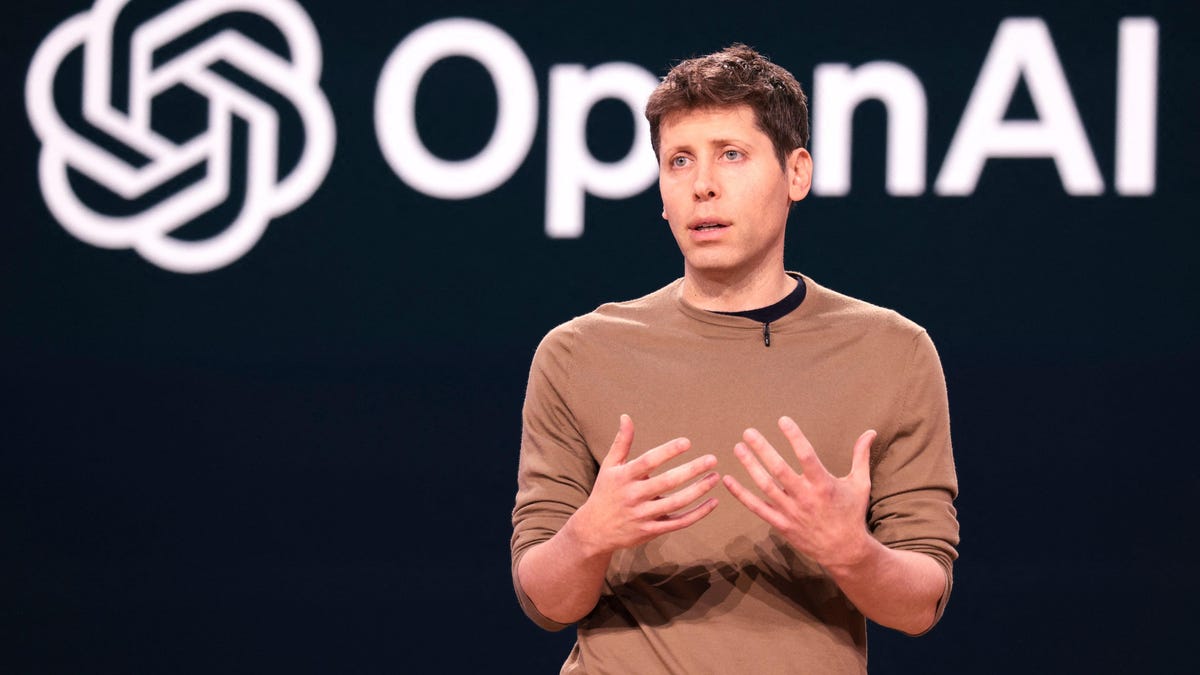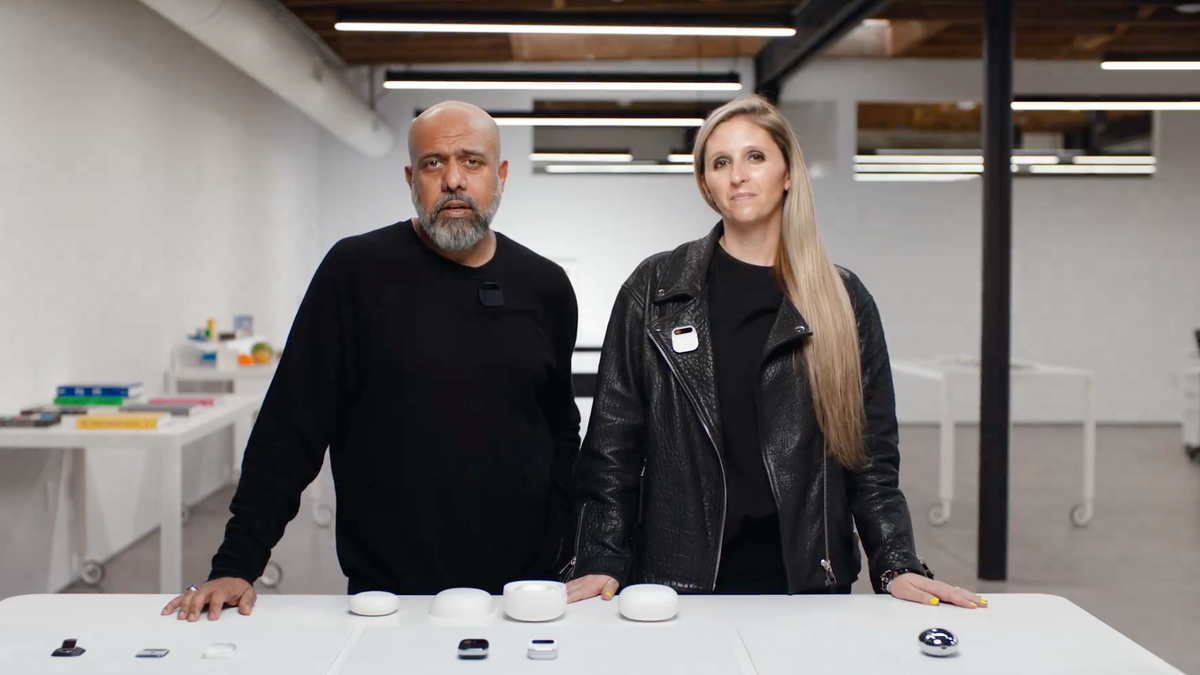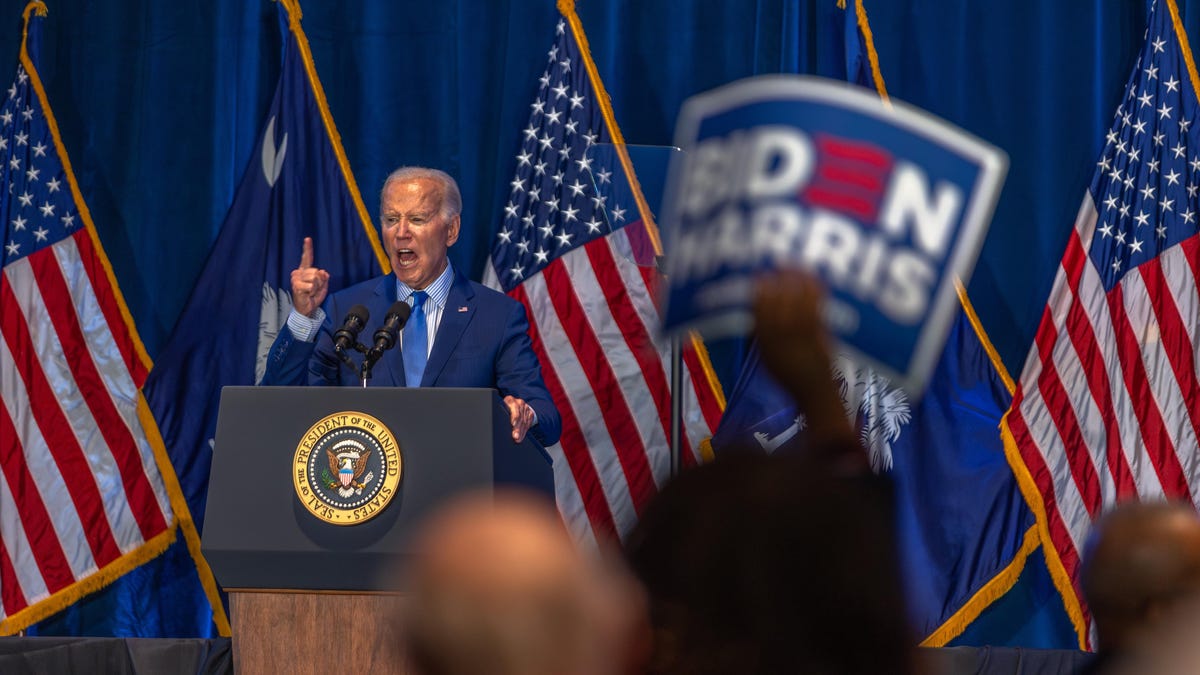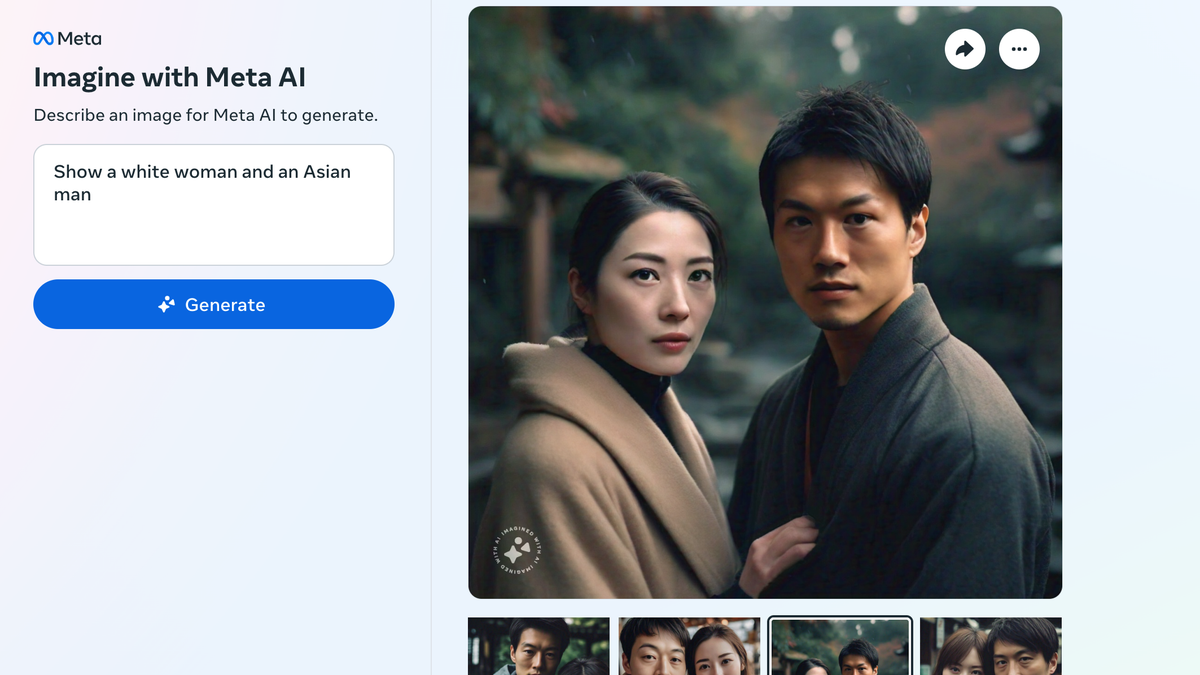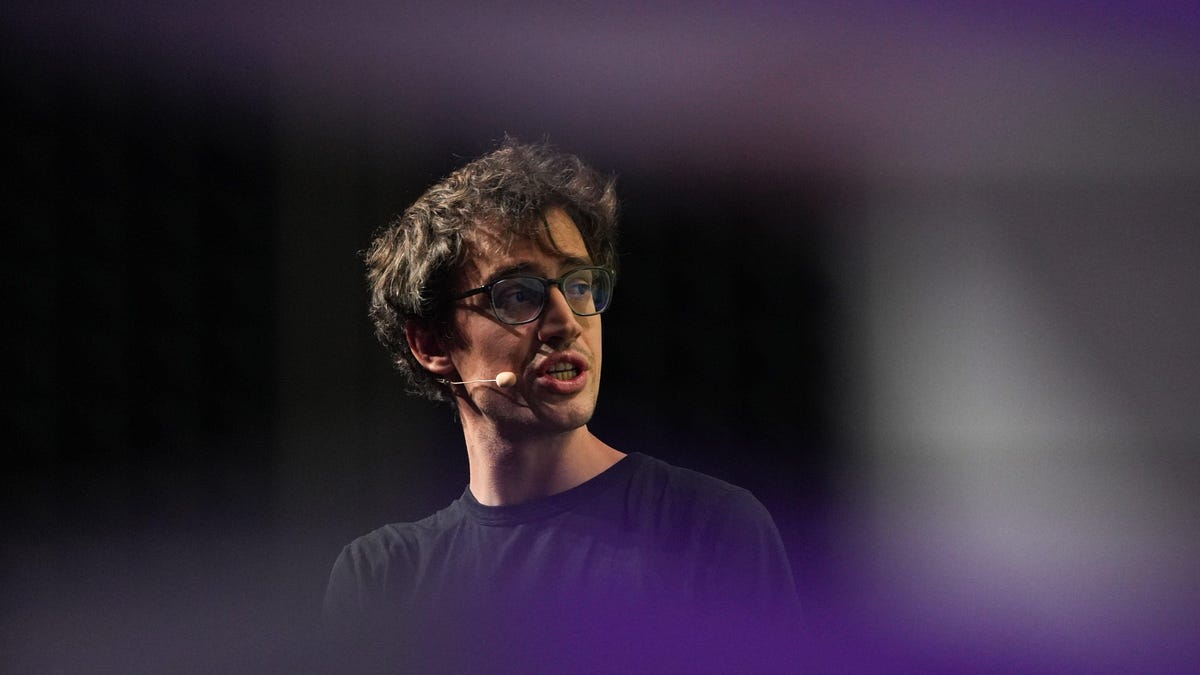Last week, Sam Altman apologized for OpenAI’s contracts which threatened to claw back equity from former employees, claiming in a tweet he “did not know this was happening and I should have.” Now, documents leaked to Vox on Wednesday suggest Altman did know, showing that the CEO and other senior OpenAI executives signed documents that held equity over the heads of former employees.
One of the conditions that would jeopardize a former OpenAI employee’s equity in the company, potentially worth millions of dollars, was speaking negatively about OpenAI. Vox reports that hundreds of leaked documents reveal a pattern of high-pressure tactics at OpenAI to get employees to sign ultra-restrictive non-disparagement and nondisclosure agreements. In some cases, employees were given just a week to forfeit their equity or accept OpenAI’s muzzle.
Some of these equity clawback provisions obtained by Vox were reportedly signed by Altman, Chief Strategy Officer Jason Kwon, along with the company’s former VP of People Diane Yoon. The ultra-restrictive NDA was reportedly signed by Chief Operating Officer Brad Lightcap. These documents complicate the claims from OpenAI senior executives that they hadn’t known about them.
An OpenAI spokesperson tells Gizmodo the company has not and never will take away an employee’s vested equity. The spokesperson reiterated Altman’s sentiment that OpenAI is now removing the non-disparagement clauses from its exit paperwork, and is releasing former employees from these obligations.
“We’re incredibly sorry that we’re only changing this language now; it doesn’t reflect our values or the company we want to be,” an OpenAI spokesperson said in an emailed statement to Gizmodo.
Some key employees have quit OpenAI recently, and they’ve been fairly loud about their grievances on the way out. Senior researcher Jan Leike quit last week and noted that OpenAI’s “safety culture and processes have taken a backseat to shiny products.” Former OpenAI policy researcher Gretchen Krueger posted on X Wednesday that she quit the company and shared Leike’s concerns. However, she also had more concerns of her own.
“We need to do more to improve foundational things like decision-making processes; accountability; transparency; documentation; policy enforcement,” said Krueger in a post on X.
Krueger went on to list even more concerns about OpenAI. She warned that these gripes “should not be misread as narrow, speculative, or disconnected. They are not.” In a follow-up tweet, she writes that tech companies can disempower people by sowing division among those raising concerns. That seems to indirectly describe the division that’s been brewing within OpenAI for months now, first brought to light by Ilya Sutskever’s ousting of Sam Altman.
The report details how most employees folded under the pressure from OpenAI and signed the restrictive NDAs. While OpenAI says they have not clawed back anyone’s equity, that certainly doesn’t mean the company has not silenced former employees with the threat of it. Now, more than ever, former OpenAI employees seem to be speaking out in masse against the troubling practices within Silicon Valley’s hottest startup.


